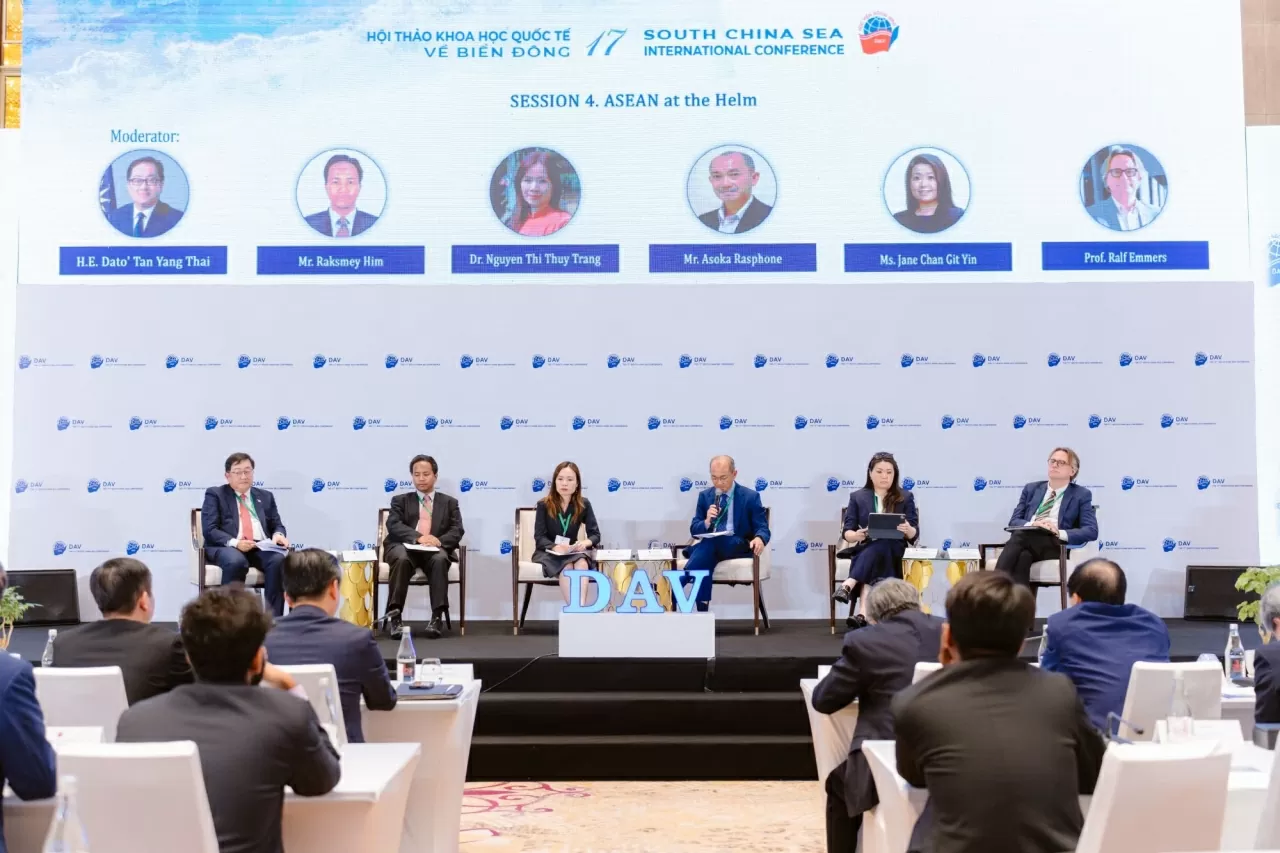 |
| The discussion session on ASEAN's leadership role included speakers from many domestic and foreign research institutions. (Source: Diplomatic Academy) |
Attending the discussion session on "ASEAN's Leadership Role" were: Mr. Raksmey Him, Executive Director, Center for Regional Studies (Cambodia); Dr. Nguyen Thi Thuy Trang, University of Social Sciences and Humanities; Mr. Asoka Rasphone, Deputy Director, Institute of International Relations, Ministry of Foreign Affairs of Laos; Ms. Jane Chan Git Yin, Research Fellow, S. Rajaratnam School of International Studies (RSIS), Nanyang Technological University, Singapore; Prof. Ralf Emmers, Department of Politics and International Studies, School of Oriental and African Studies, University of London (UK).
Malaysian Ambassador to Vietnam Dato' Tan Yang Thai moderated the discussion session "ASEAN Leadership Role".
According to the speakers, the mechanism for peaceful settlement of disputes is one of the core components of ASEAN's code of conduct. The method of consultation and consensus helps members feel comfortable and safe when engaging in dialogue. The ASEAN Charter clearly stipulates tasks such as preventing disputes through dialogue, providing mediation and settling disagreements according to the rules or procedures of the Treaty of Amity and Cooperation in Southeast Asia (TAC).
However, the effectiveness of this mechanism depends on the readiness and goodwill of its member states. If ASEAN is to demonstrate leadership in resolving regional disputes, building solidarity within the bloc is key, as national interests do not always coincide with common interests. In the context of increasingly deep-seated and transboundary challenges, member states should put regional interests at the center of their foreign policies.
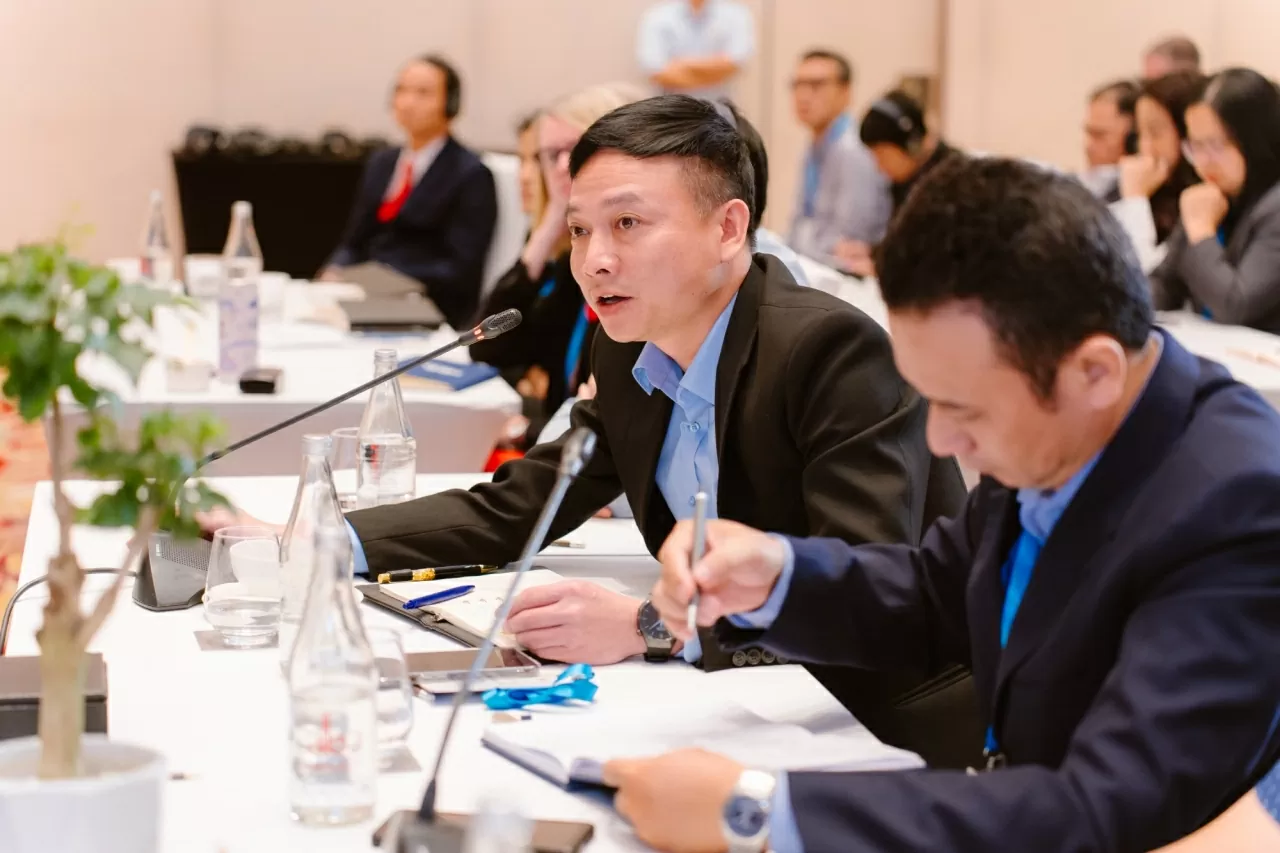 |
| Delegates asked questions at the workshop. (Source: Diplomatic Academy) |
Dr. Nguyen Thi Thuy Trang, University of Social Sciences and Humanities, said that uncertainty is a factor that can both divide and promote unity, opening up two scenarios: increasing competition between countries, or strengthening regional solidarity. She emphasized that ASEAN needs to become a cohesive community in all circumstances, and at the same time change the way it responds to the current strategic environment.
Climate change, rising sea levels and global warming are increasing the vulnerability of the regional environment, directly affecting people’s livelihoods and fishing activities. This is a regional and global challenge that no country can solve alone.
Dr. Nguyen Thi Thuy Trang said that climate security is closely linked to the security of the East Sea, because climate change not only affects nature but also gives rise to disputes over resources and maritime space. Therefore, ASEAN should build a common monitoring mechanism on marine climate, contributing to enhancing trust and cooperation.
With its strategic position, ASEAN can play a role as a forum to connect resources and climate response initiatives among countries within and outside the region. She called for initiating a spirit of shared responsibility, increasing the exchange of information, data, and financial support, considering climate change as both a challenge and an opportunity to promote solidarity within the bloc.
Meanwhile, Mr. Asoka Rasphone, Deputy Director of the Institute of International Relations, Ministry of Foreign Affairs of Laos, emphasized that the East Sea has long been an important maritime space of the region, playing a backbone role in connecting and growing the economy of Southeast Asia.
He said that despite differences, countries can still sit together for peace and common prosperity. The 2002 DOC is a step forward demonstrating the vision of ASEAN and China in handling disputes according to international law, while creating a regular exchange mechanism (like SOM-DOC) to prevent tension and ensure freedom of navigation.
However, the DOC lacks legal binding force, leading to recent unilateral actions that challenge the credibility of this framework, as well as ASEAN’s unity and centrality. Therefore, the COC is an opportunity to move from commitment to action, building a rules-based maritime order. The COC needs to be practical, inclusive, enforceable and consistent with UNCLOS 1982; demonstrating the region’s autonomy, independent of external interference.
The Lao delegate proposed that ASEAN establish a cooperation group to monitor and provide early warning of crises, ensure maritime safety, share information, provide technical assistance, and enhance academic and people-to-people exchanges. Mr. Asoka Rasphone emphasized that as a landlocked country, Laos has no sovereignty claims in the East Sea but understands the importance of a peaceful and stable maritime environment for regional development. Laos reaffirmed its support for signing a substantive, legally binding COC in accordance with international law.
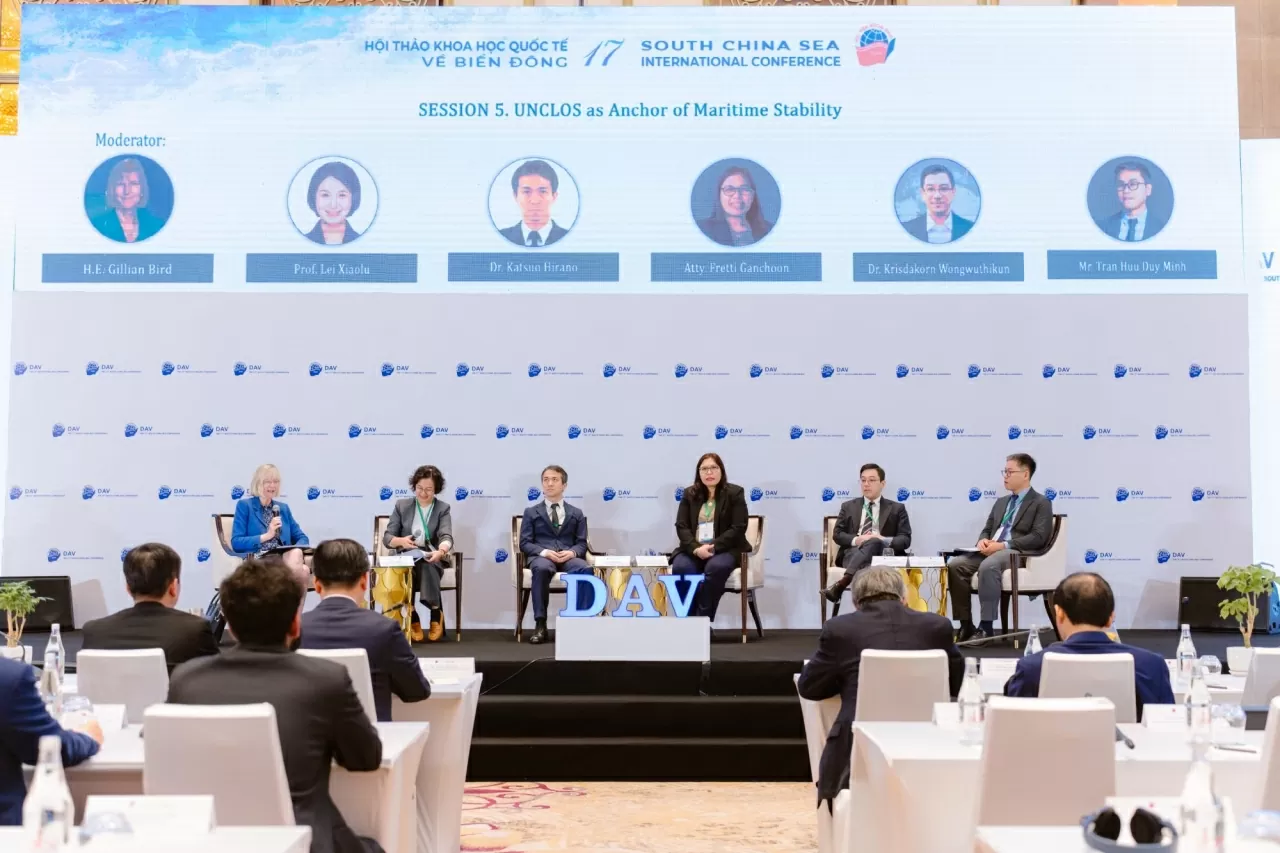 |
| Speakers emphasized that UNCLOS is considered the “constitution of the ocean” – a comprehensive document that clearly defines the responsibilities and obligations of parties in the management of seas and oceans. (Source: Diplomatic Academy) |
The next discussion session with the theme “UNCLOS: Foundation for Maintaining Order at Sea” was attended by: Prof. Lei Xiaolu, China Institute of Boundary and Ocean Studies, Wuhan University; Dr. Katsuo Hirano, Assistant in Charge of Legal Affairs, Joint General Staff of the Japan Armed Forces, Ministry of Defense of Japan; Attorney General Fretti Ganchoon, Senior Legal Adviser, Ministry of Justice of the Philippines; Assoc. Prof. Dr. Krisdakorn Wongwuthikun, Thammasat University (Thailand); Mr. Tran Huu Duy Minh, Deputy Dean of the Faculty of International Law, Diplomatic Academy.
Australian Ambassador to Vietnam Gillian Bird moderated the discussion session on “UNCLOS: Foundation for maintaining order at sea”.
At the program, speakers emphasized that UNCLOS is considered the “constitution of the ocean” – a comprehensive document that clearly defines the responsibilities and obligations of parties in the management of seas and oceans. This convention was negotiated and signed to resolve legal issues at sea, promote multilateralism and avoid legal overlap.
Member States must fully implement their obligations under UNCLOS, ensuring that national laws and international obligations are implemented in parallel. The Convention requires States to respect conflict prevention mechanisms, respect each other when implementing international obligations, and harmonize activities in maritime zones.
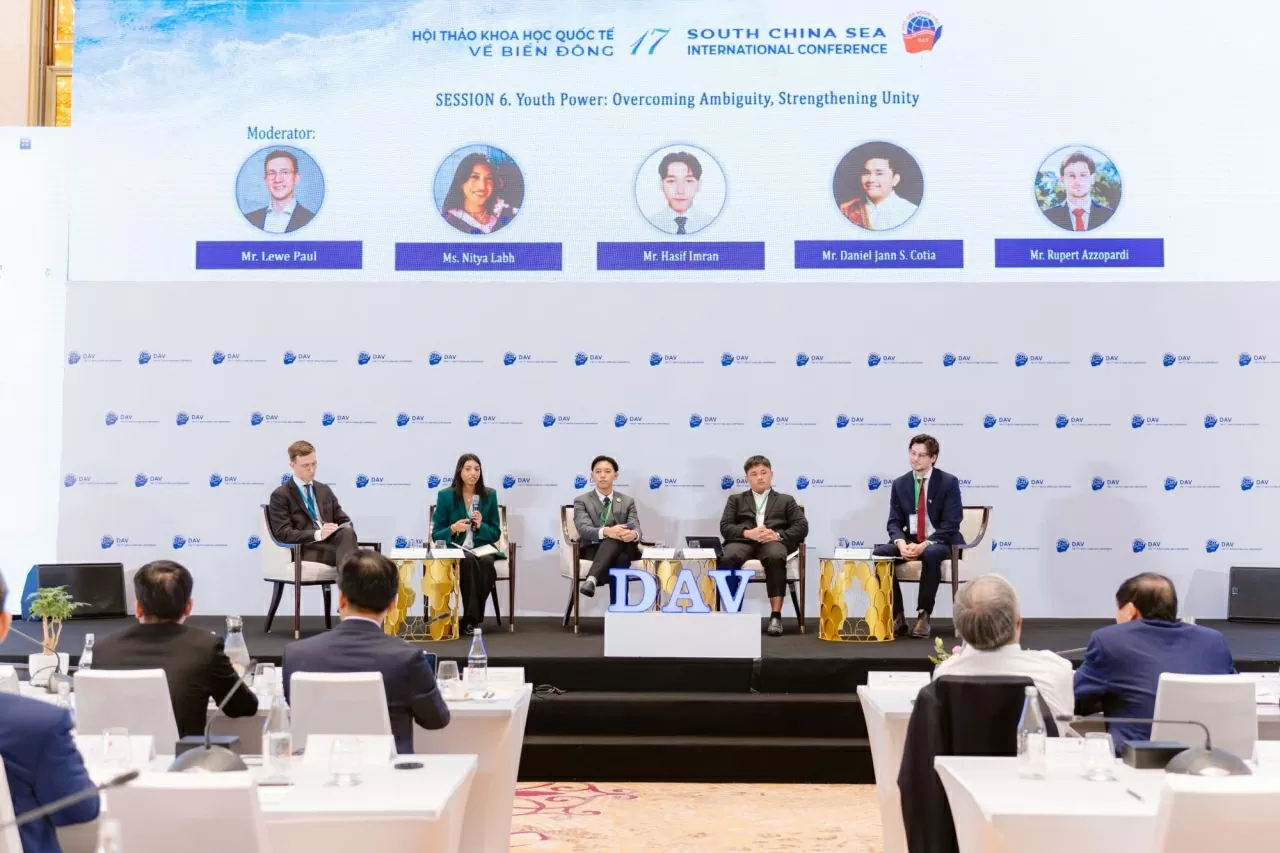 |
| Delegates from the Young Leaders 2025 Program spoke at the Workshop. (Source: Diplomatic Academy) |
The final panel discussion, themed “The Power of Generations: Strengthening Unity, Overcoming Uncertainty”, featured speakers from the Young Leaders 2025 Programme. The emerging generation of leaders is adapting innovative thinking to connect societies, overcome divisions and reshape the space for collaboration. This panel discussion looks to the future where the new generation leads: those who think differently, create solutions for unity and foster peace.
Speakers presented a number of causes leading to the uncertain situation in the East Sea, including competition between major powers, the development of technology and artificial intelligence (AI), climate change and other non-traditional security challenges.
With the economic potential of the East Sea, large oil and gas reserves, countries in the region have the opportunity to build a blue ocean economy, sustainably using ocean resources, both improving people's livelihoods and protecting the health of natural ecosystems.
In addition, geospatial data collection technology was introduced in the discussion session, aiming to collect and share data information among ASEAN member countries. This will help assess the process of climate change in coastal and urban areas, as well as observe maritime and trade activities.
Speakers stressed the need to develop a mechanism similar to what has been implemented in other regions, such as the Copernicus mechanism of the European Union (EU) or the GeoSUR system in Latin America. ASEAN can refer to these models to develop a common database, applicable to the East Sea region. Promoting the role of technology will contribute to supporting dispute resolution, building trust and enhancing cooperation capacity among countries in the region.
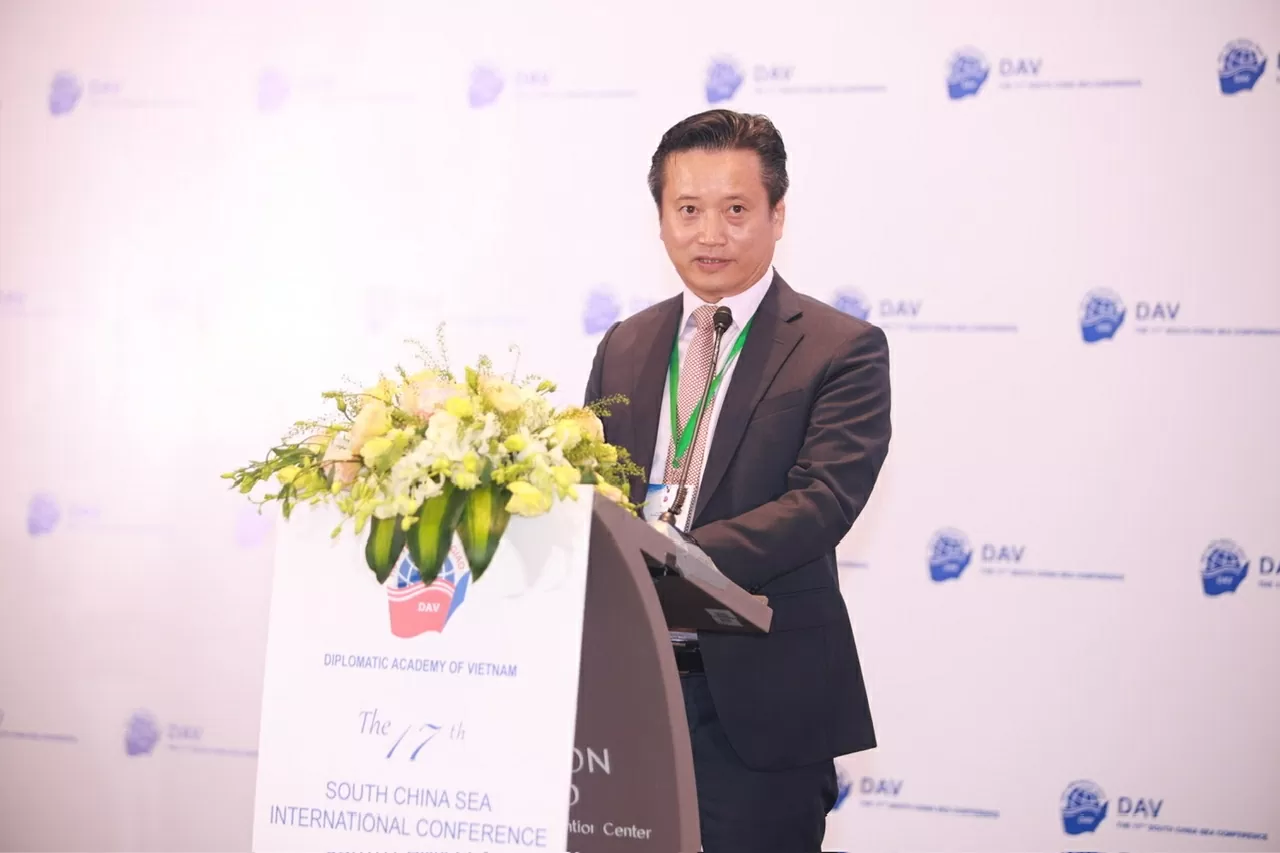 |
| Director of the Diplomatic Academy Nguyen Hung Son delivered the closing speech. (Source: Diplomatic Academy) |
In his closing remarks at the workshop, Director of the Diplomatic Academy Nguyen Hung Son highly appreciated the quality of discussions at this year's forum. The exchanges helped clarify the overall picture of the region, the role of relevant actors, and the impact of marine technology, artificial intelligence, and autonomous vehicles on regional maritime security.
The workshop provided many useful ideas and suggestions to strengthen ASEAN's central role, ensure the implementation of UNCLOS, and consider it an important basis for promoting peace, stability and development in the region. Director of the Diplomatic Academy Nguyen Hung Son emphasized that in the context of many uncertainties in the world and the region, countries need to dialogue, share information and build capacity to consolidate unity and solidarity.
Source: https://baoquocte.vn/thuc-day-vai-tro-trung-tam-cua-asean-trong-quan-tri-vung-bien-khu-vuc-333315.html




![[Photo] Cutting hills to make way for people to travel on route 14E that suffered landslides](https://vphoto.vietnam.vn/thumb/1200x675/vietnam/resource/IMAGE/2025/11/08/1762599969318_ndo_br_thiet-ke-chua-co-ten-2025-11-08t154639923-png.webp)





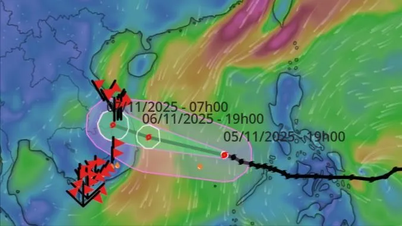

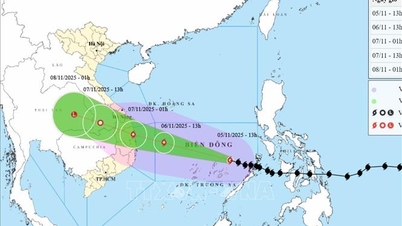
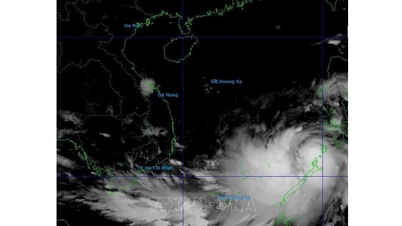
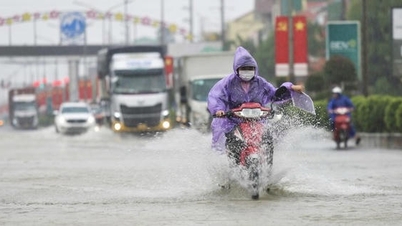

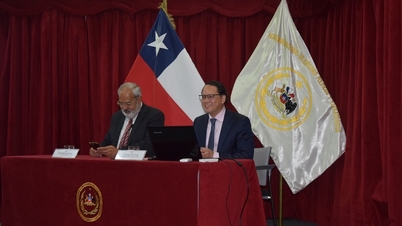


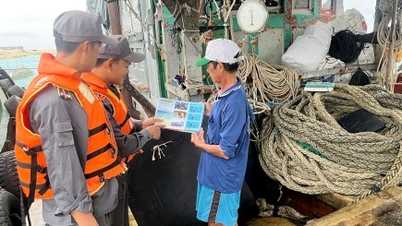

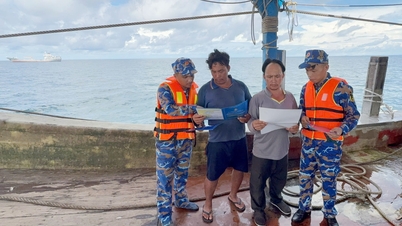
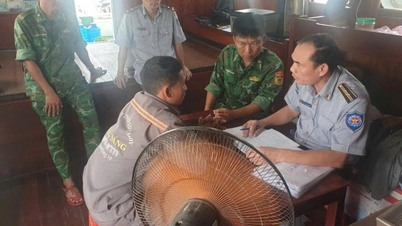
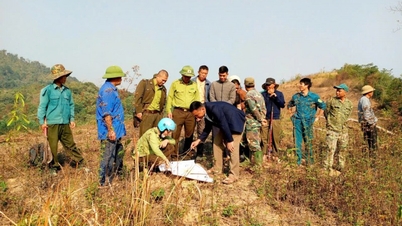
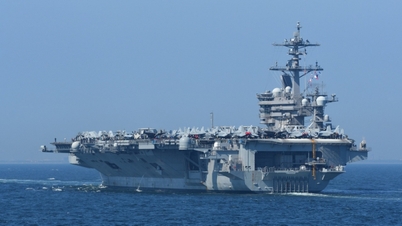




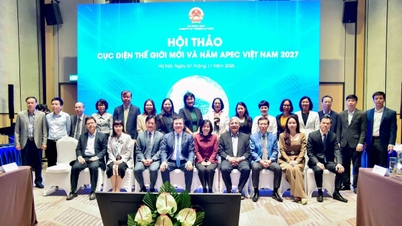
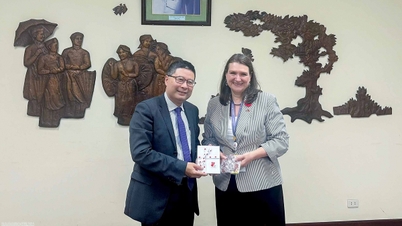
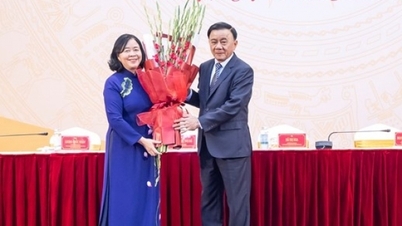
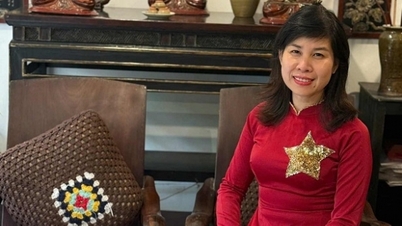
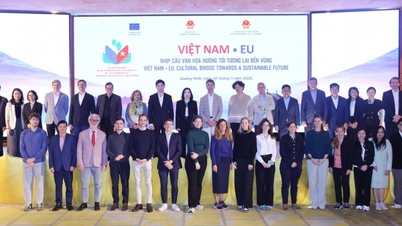
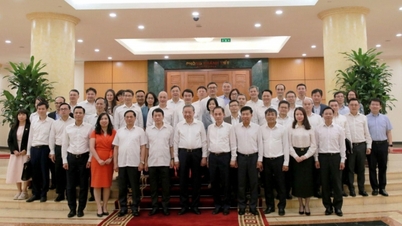






![[Video] Hue Monuments reopen to welcome visitors](https://vphoto.vietnam.vn/thumb/402x226/vietnam/resource/IMAGE/2025/11/05/1762301089171_dung01-05-43-09still013-jpg.webp)



















































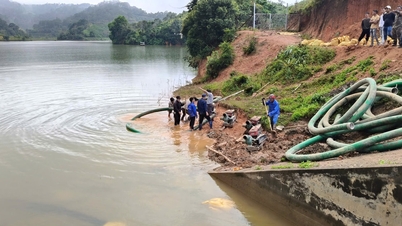
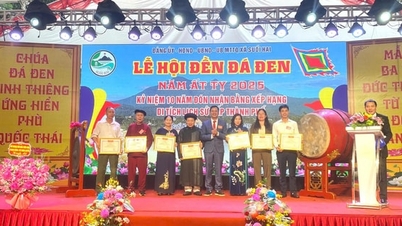















Comment (0)